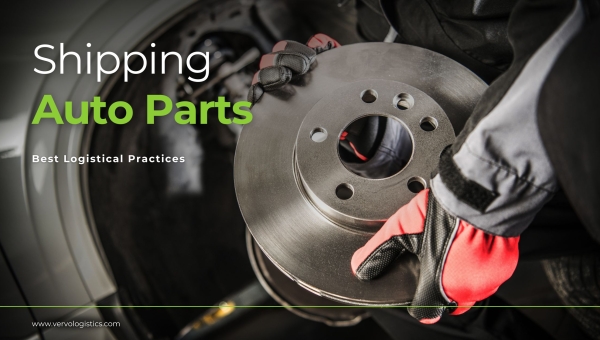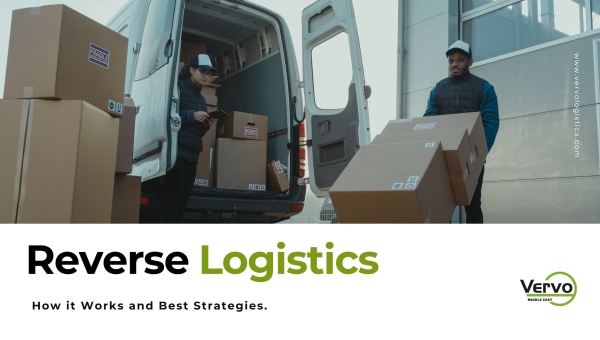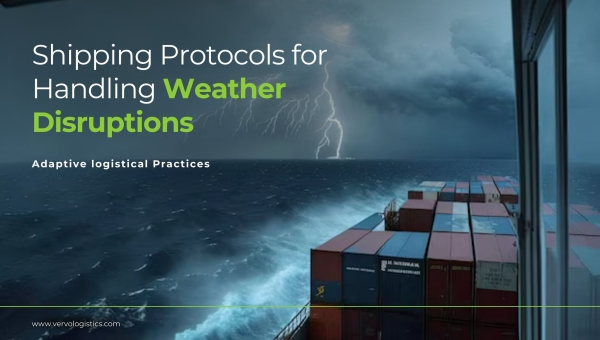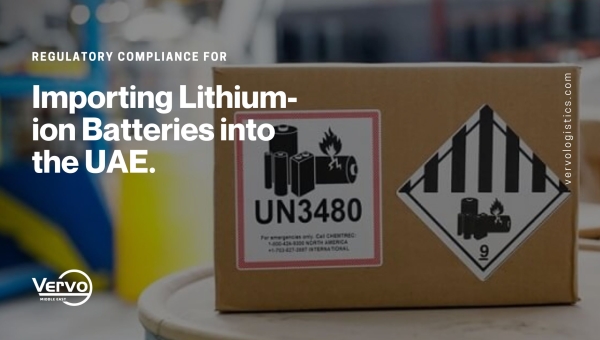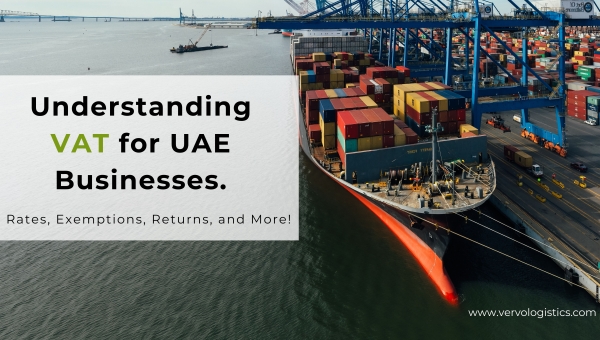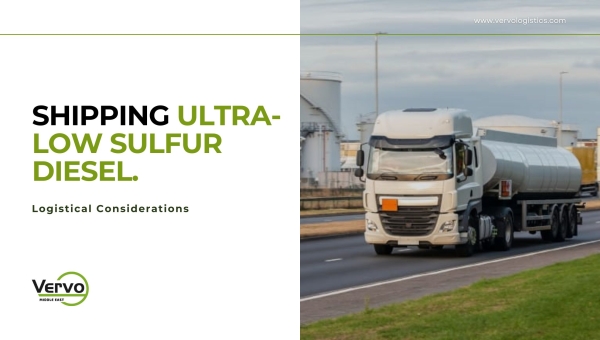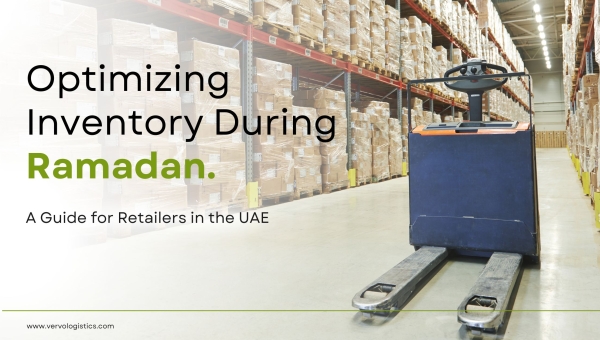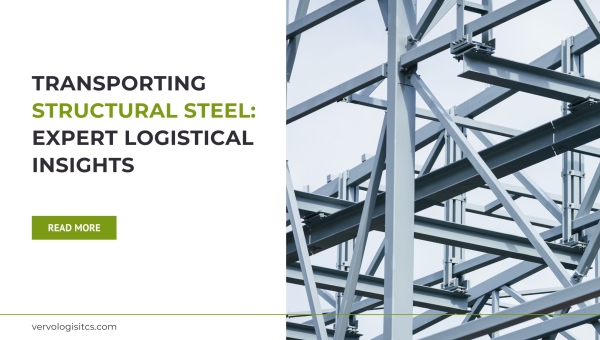The global pearl jewelry market is projected to grow from USD 11 billion in 2023 to USD 34.16 billion by 2033. Historically, the pearl industry was a cornerstone of the UAE's economy, with pearl divers plunging to depths of up to 20 meters to harvest these precious gems. However, the 20th-century oil boom eventually overshadowed the industry.
In 2022, the United Arab Emirates exported $61.8 billion in precious stones, metals, and pearls, ranking as the 3rd largest exporter in this category globally. That same year, precious stones, metals, and pearls became the 2nd most exported product from the UAE. The primary destinations for these exports were India ($15 billion), Switzerland ($9 billion), Hong Kong ($8.8 billion), Kuwait ($5.07 billion), and Saudi Arabia ($3.77 billion). Specifically, in 2022, the UAE exported $5.28 million in pearls alone, making it the 15th largest pearl exporter worldwide.
This release offers an overview of the logistics of shipping different types of pearls along with a simplified explanation of regulations for the import/export of pearls to/from the UAE

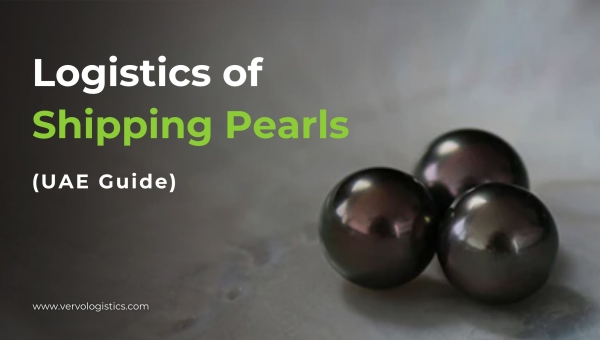
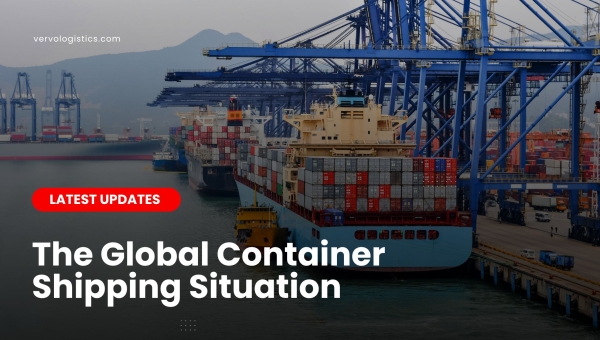

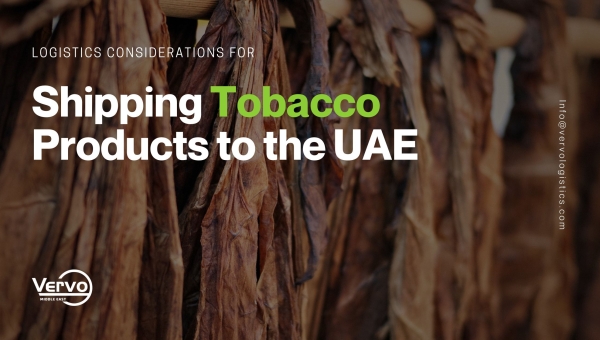
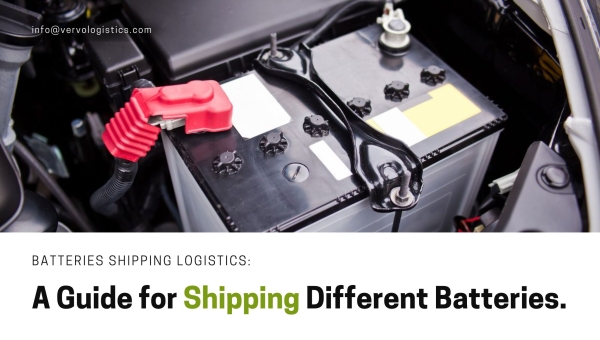

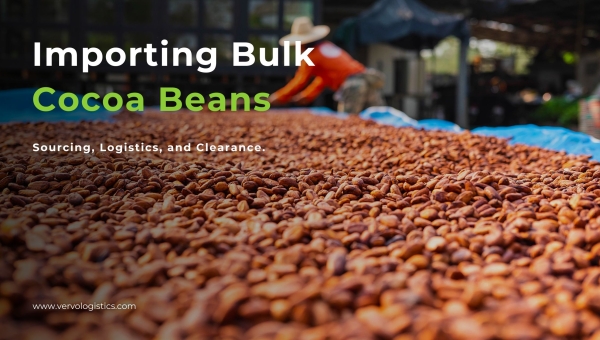
_thumbnail.png)
